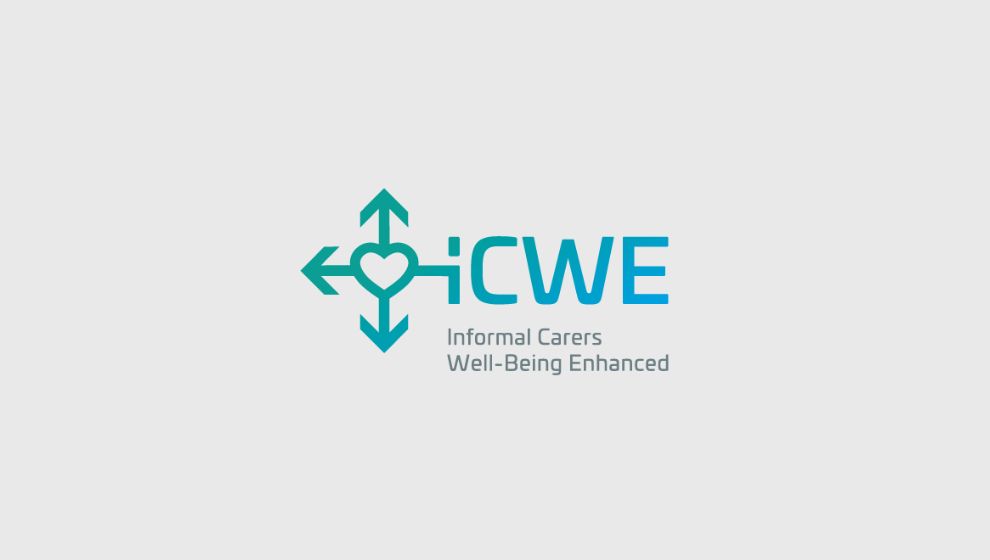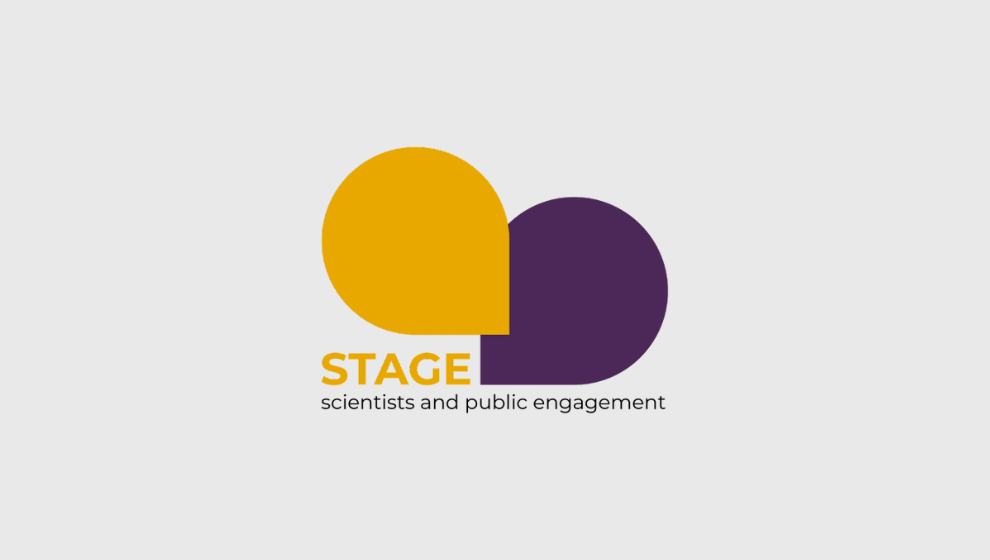How to make the upskilling process additive with game design concepts



According to Skills Panorama, Cedefop survey (Nov.2019), ‘ICT is a general-purpose technology, and so changes and disruptions in the economy can have significant influence on the future skill demands for the professionals.
There will be 1.6 million ICT professional jobs that will need to be filled between 2018 and 2030. It wasn’t long ago that coding was seen by many as an odd hobby for people tinkering with computers in their basements. But over the past several years, coding has progressed from a hobby to a critical career skill. Coding and programming have emerged as some of the most desirable skills for employers. On the other hand, one of the most important objectives in education is to prepare students for their future careers. Although Coding is fast becoming one of the most important subjects taught in schools, there is still a lot to be done all over Europe.
Computational thinking and the ability to understand how the computer executes the programs are necessary 21st‐century skills that can drastically influence the future labour market. Schools have a responsibility to provide their students with all the tools and skills they need to succeed in the modern workplace. Knowing this, the project’s partnership has agreed on the importance of enhancing ‘coding’ in general education, involving youngsters in the process as early as possible. To adapt to changes in the landscape of the jobs market, schools should adjust their curriculum and incorporate coding.
This project aims to cover the benefits of students learning to code in school, as well as offer tools, approaches, methodologies and tips to teachers on teaching coding effectively.


Target Groups
Education Level



